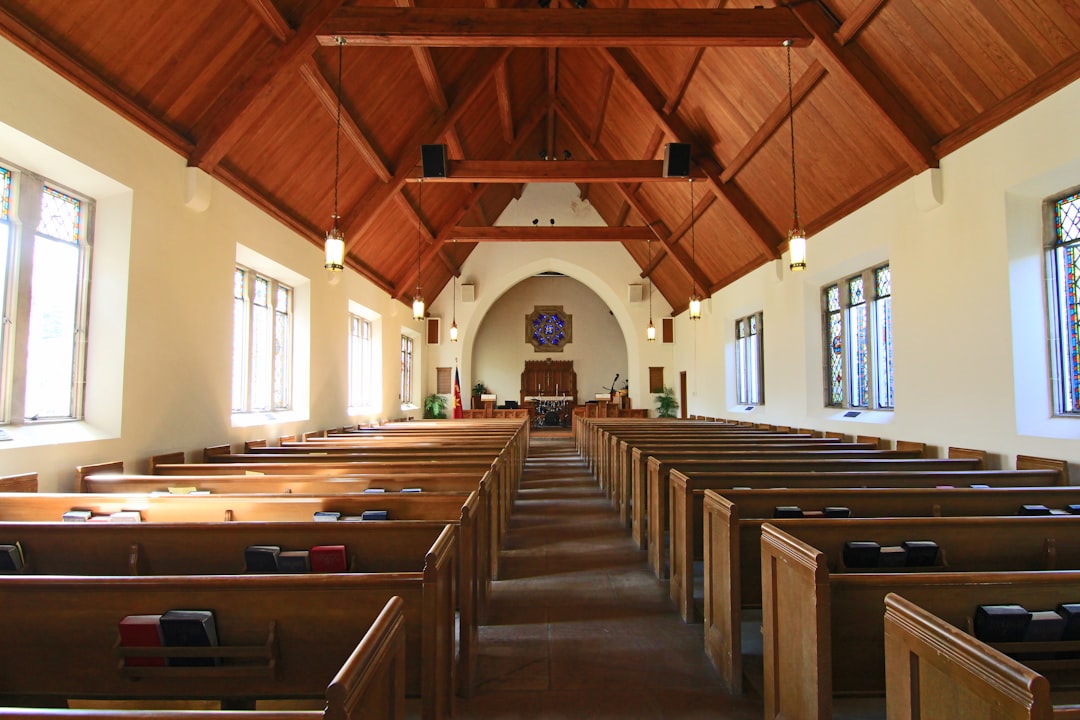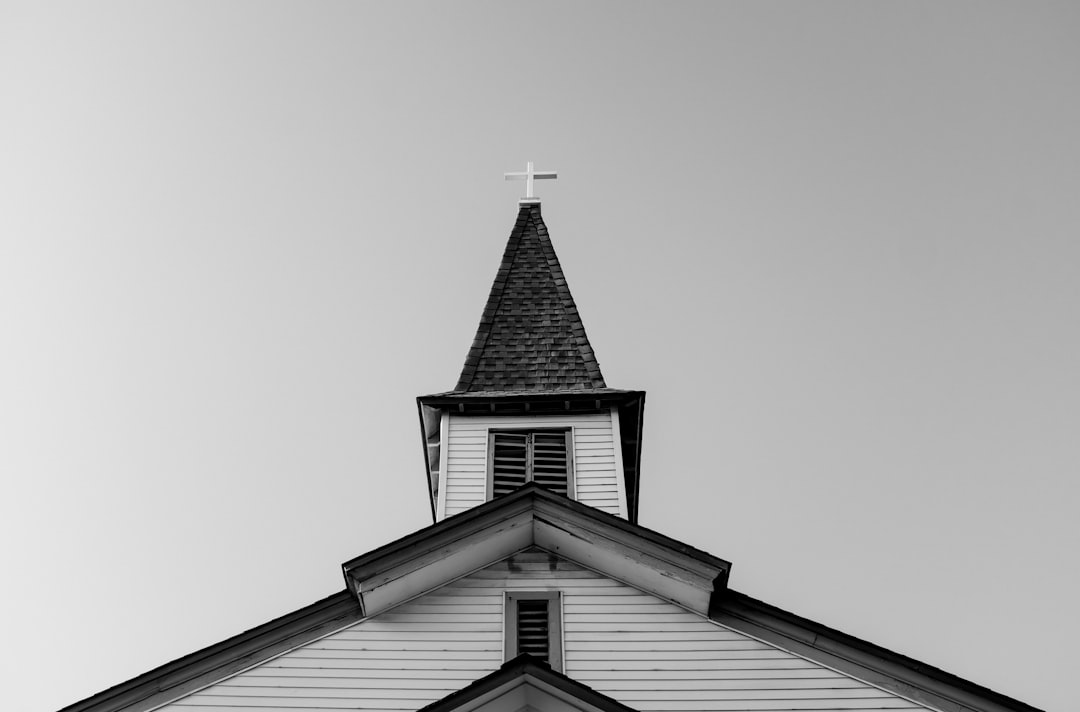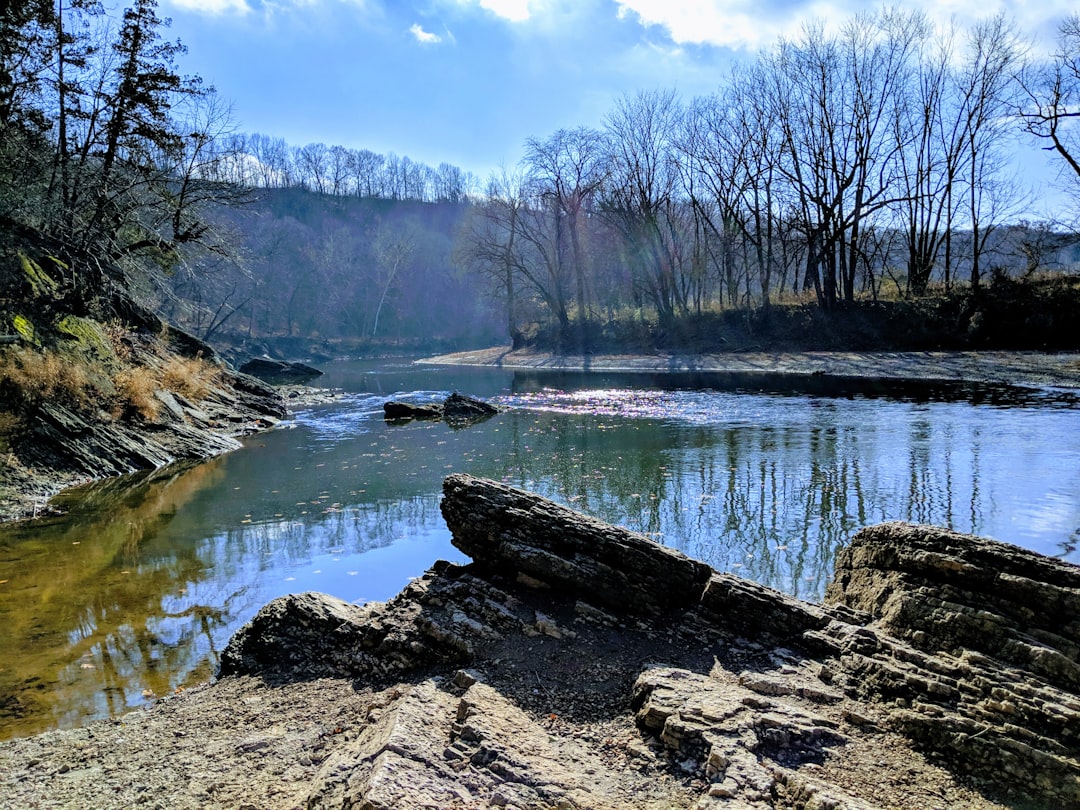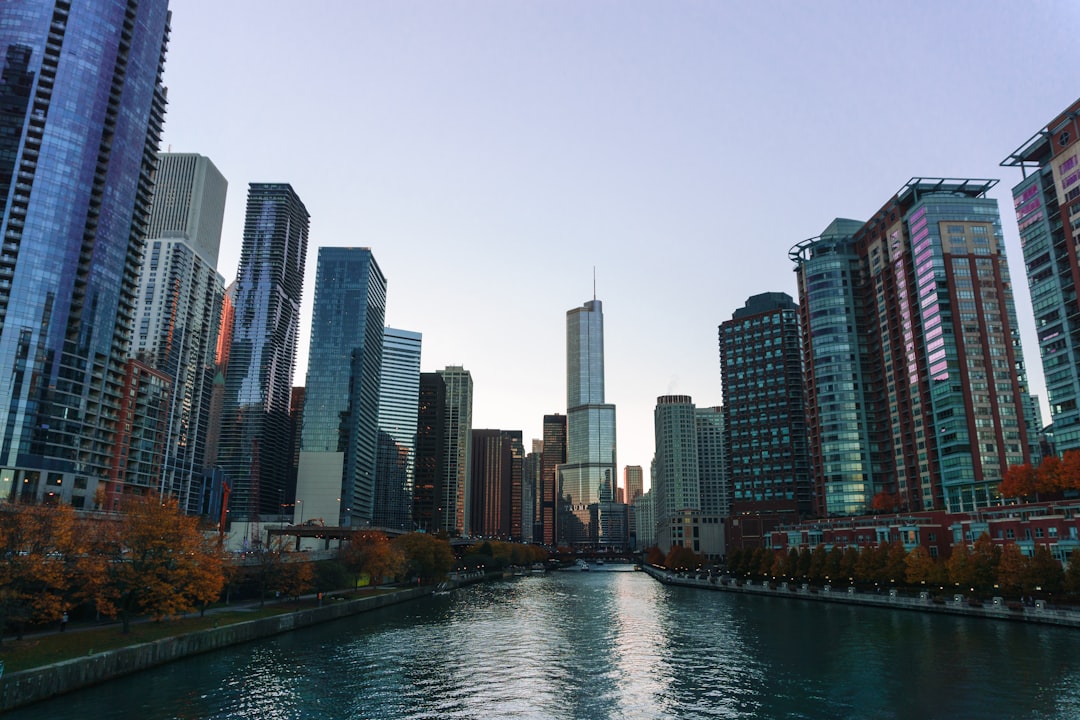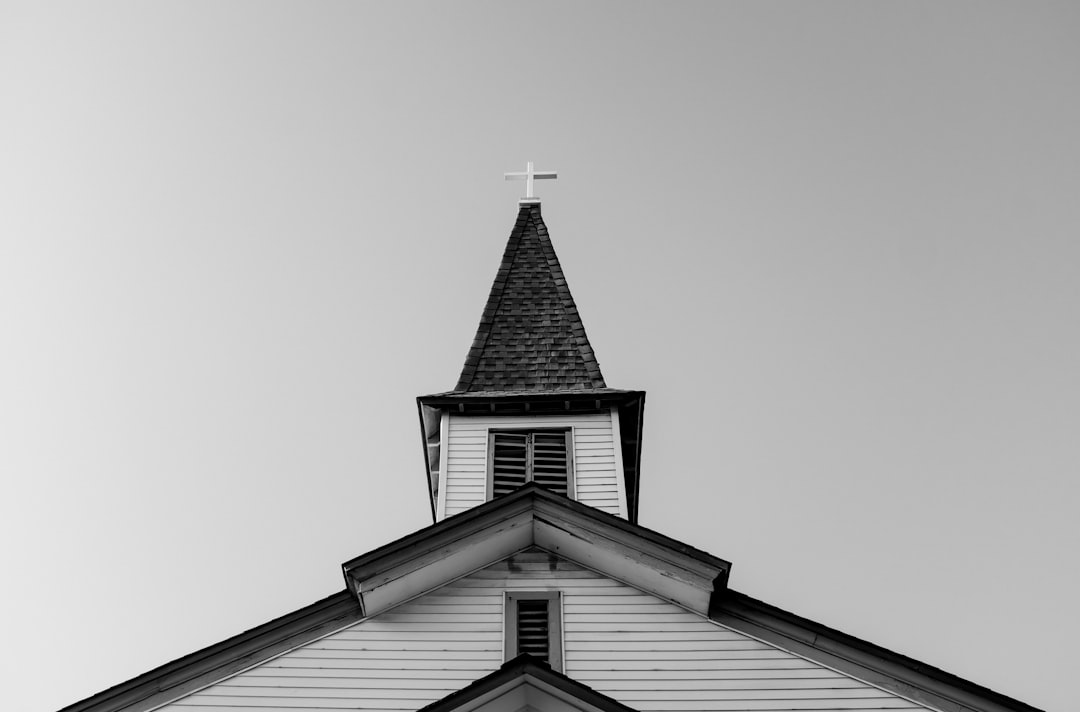Victims of clergy abuse in Illinois face unique challenges due to manipulation within religious institutions. Recognizing patterns like repeated inappropriate behavior, boundary disregard, and lying is crucial for identifying abuse. Documenting incidents, gathering evidence, and seeking support are encouraged by attorneys who help victims understand their legal options, including civil lawsuits and compensation. Time limits emphasize the need for prompt action. A clergy abuse attorney in Illinois guides survivors through legal protections, ensuring justice, healing, and the protection of rights. Choosing an expert with specialized knowledge, strong communication skills, and a proven track record is essential for effective representation.
In Illinois, where faith is a cornerstone of many communities, the dark reality of clergy abuse demands attention. This comprehensive guide delves into the complex issue, offering insights for both survivors and advocates. We explore recognizing patterns in church abuse and understanding the legal rights available to victims under Illinois law.
Furthermore, we provide crucial advice on selecting a skilled clergy abuse attorney and emphasize the importance of healing and justice for those affected. Empower yourself with knowledge; together, we can work towards holding institutions accountable.
Understanding Clergy Abuse: Recognizing Patterns and Red Flags
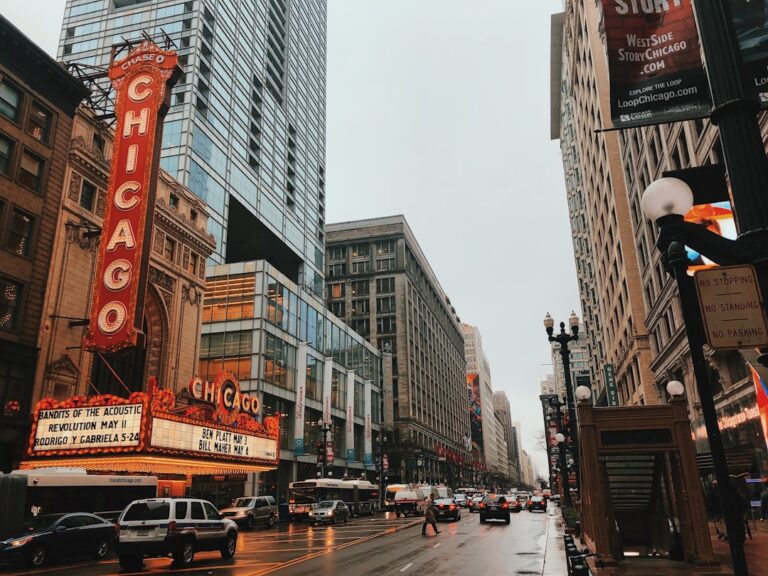
In the context of clergy abuse, recognizing patterns and red flags is a crucial step for victims seeking justice. Clergy abuse attorneys in Illinois emphasize that this type of abuse often involves manipulation, coercion, or exploitation within religious institutions. Common patterns may include repeated inappropriate behavior towards individuals or groups, disregard for boundaries, and a pattern of lying or covering up the abuse. Red flags can manifest as secretive behavior, sudden changes in demeanor or appearance, or an unwillingness to allow oversight or accountability.
Victims of clergy abuse may struggle to speak out due to fear of retaliation, shame, or a sense of powerlessness. Illinois clergy abuse attorneys encourage anyone experiencing such situations to document incidents, gather evidence, and reach out to trusted individuals or professionals for support. Understanding these patterns can help victims identify the abuse and take the necessary steps towards healing and legal resolution.
The Legal Rights of Victims: Navigating Illinois Laws and Resources

In Illinois, victims of clergy abuse have specific legal rights and resources available to them. It’s crucial for survivors to understand their options when facing such traumatic experiences. A clergy abuse attorney in Illinois can guide individuals through the complex legal landscape, ensuring they receive the support and justice they deserve.
The state offers various protections and avenues for compensation. These include civil lawsuits against abusers and institutions, as well as reporting mechanisms to law enforcement. Survivors may be entitled to damages for emotional distress, medical expenses, and other related costs. It’s essential to act promptly, as there are time limits for filing claims. A qualified attorney can help victims navigate these laws effectively and ensure their rights are protected throughout the process.
Selecting the Right Attorney: What to Look for in a Clergy Abuse Advocate

When searching for a clergy abuse attorney in Illinois, it’s crucial to select a legal advocate with specialized experience and a proven track record in handling such sensitive cases. Look for an attorney who has a deep understanding of the unique dynamics involved in church-related abuse allegations and the subsequent legal procedures. Their expertise should encompass both state and federal laws pertaining to clergy misconduct.
The ideal candidate will possess excellent communication skills, ensuring they can advocate effectively for their clients while maintaining confidentiality. A strong reputation and positive client testimonials are indicators that they prioritize ethical practice and have a track record of successful outcomes. Additionally, familiarity with local communities and religious institutions in Illinois can be advantageous, as it allows for a more nuanced approach to navigating these complex cases.
Healing and Justice: Supporting Survivors and Holding Institutions Accountable

Healing and justice go hand in hand when it comes to addressing past abuses within religious institutions, particularly those involving clergy. Many survivors of clerical abuse seek not only recompense but also a chance to heal and find closure. A skilled clergy abuse attorney in Illinois can play a pivotal role in this process. They provide legal counsel and representation tailored to the unique needs of survivors, helping them navigate complex legal systems while advocating for their rights.
By holding institutions and individuals accountable for past transgressions, these attorneys foster an environment where healing can begin. Through strategic litigation, mediation, or settlement negotiations, they work towards securing justice—not just for the victims but also for the community at large. This process is crucial in rebuilding trust, promoting transparency, and ensuring that similar abuses do not go unaddressed in the future.
